The European Union has positioned itself as lead guarantor for Lebanon’s parliamentary elections, with sanctions and observers in place. But history suggests that dirty electoral tricks will go unpunished.
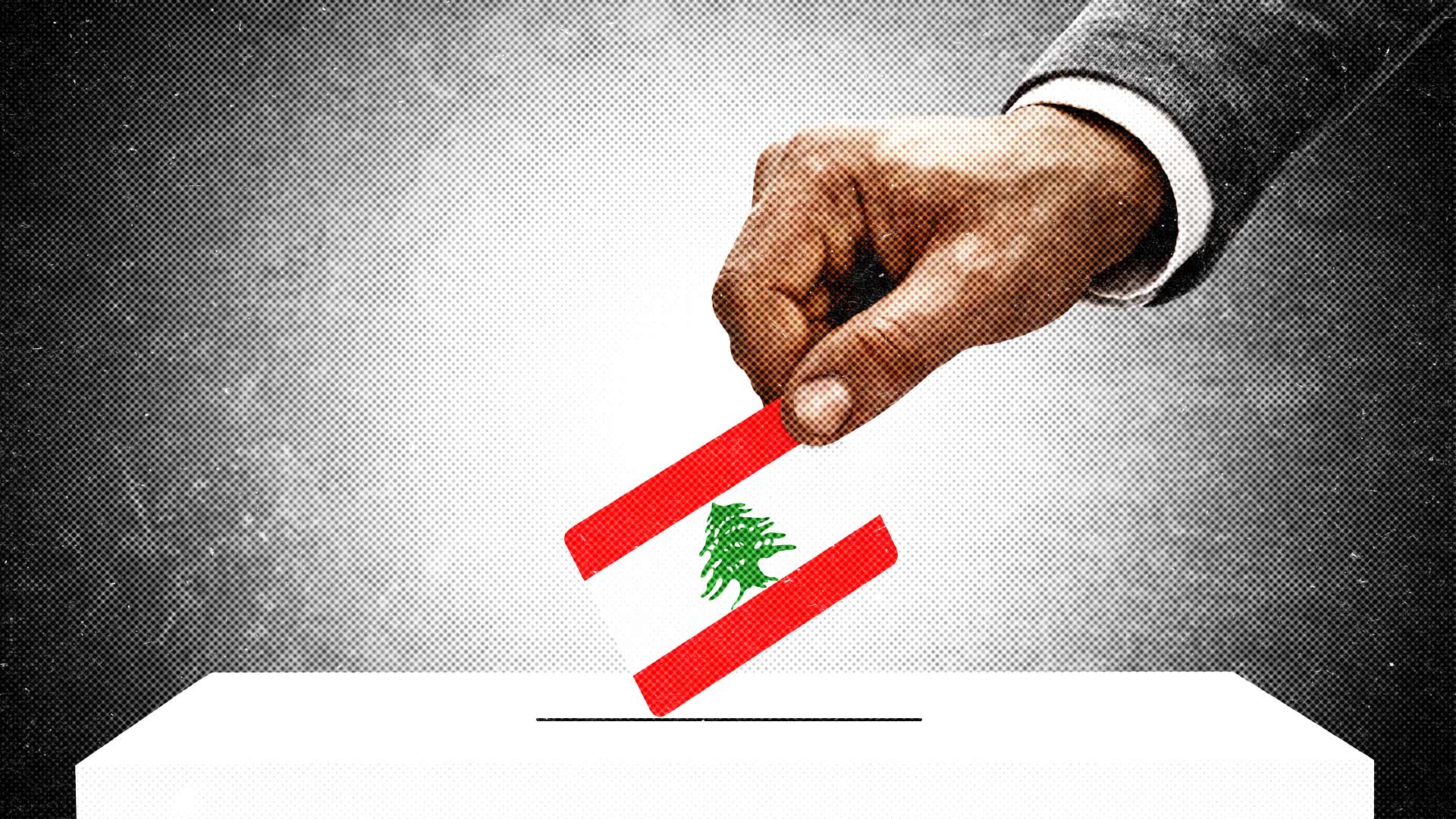

The European Union has positioned itself as lead guarantor for Lebanon’s parliamentary elections, with sanctions and observers in place. But history suggests that dirty electoral tricks will go unpunished.
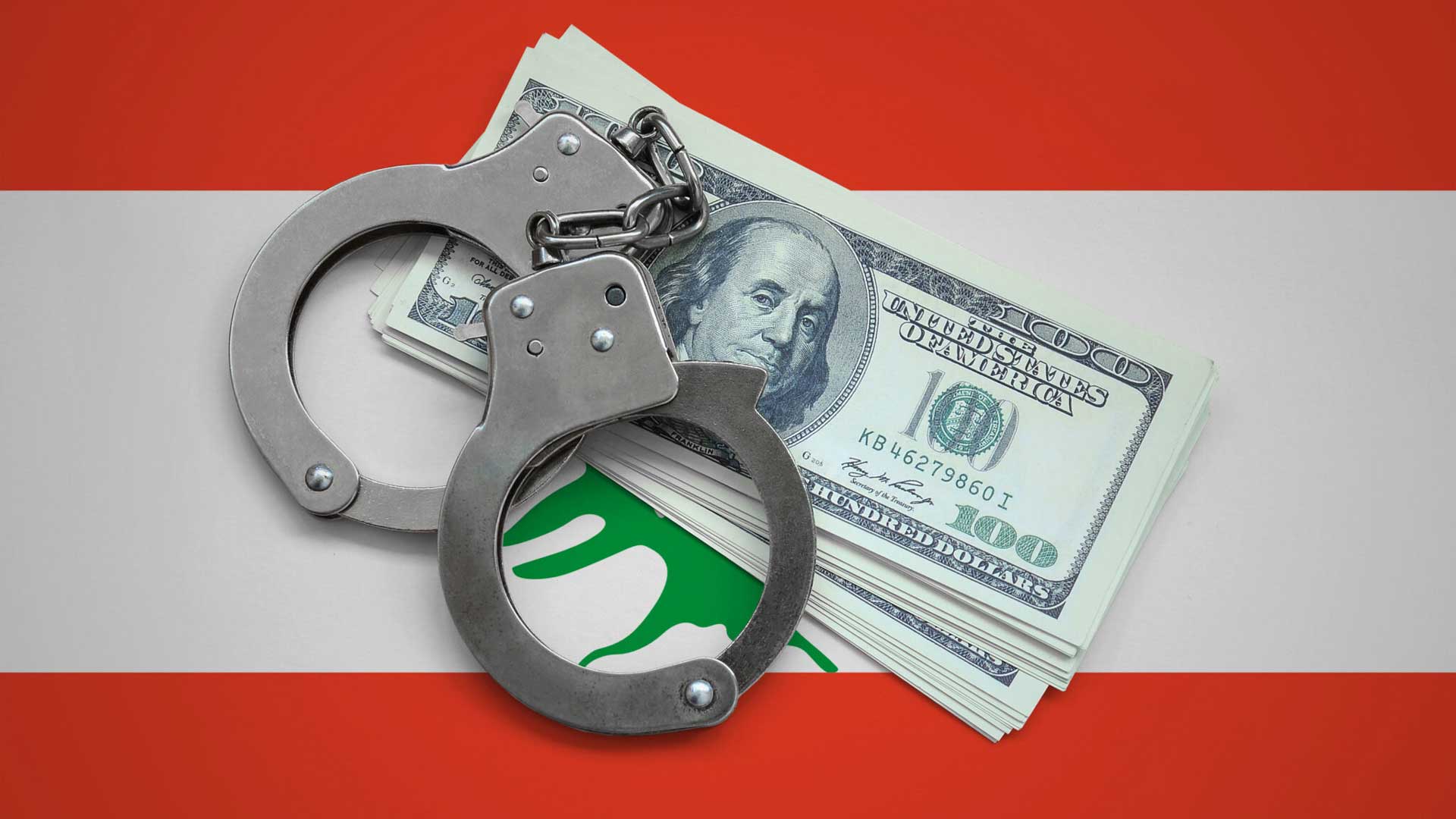
These informal capital controls – which have no basis in law – facilitate rampant discrimination between well-connected elites and most other depositors.
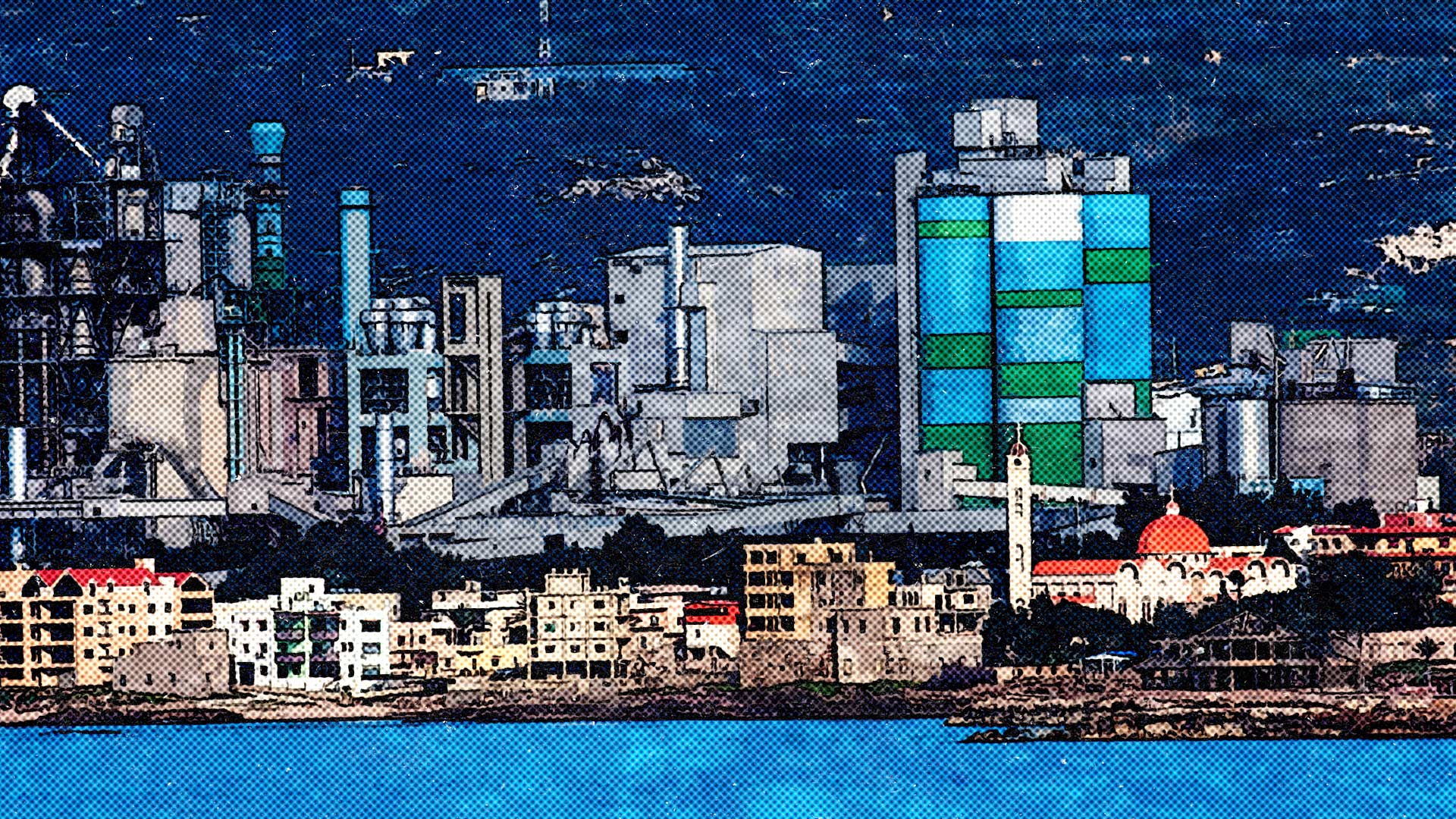
The law, which civil society groups and the international community have demanded for decades, purports to liberate Lebanon’s private sector from control by politically connected cartels.
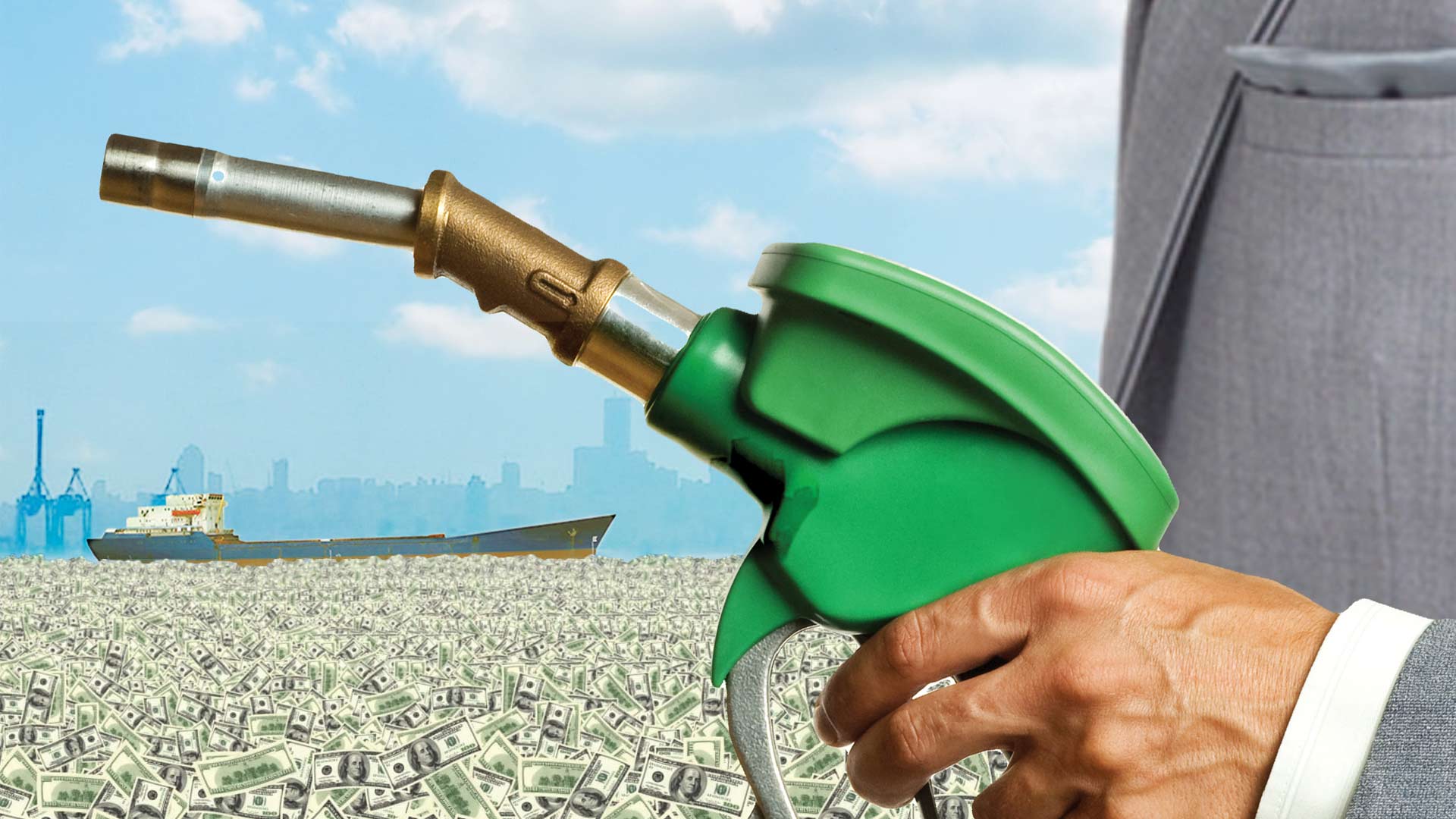
Eliminating national oil dependence will clear out conflicts of interest.
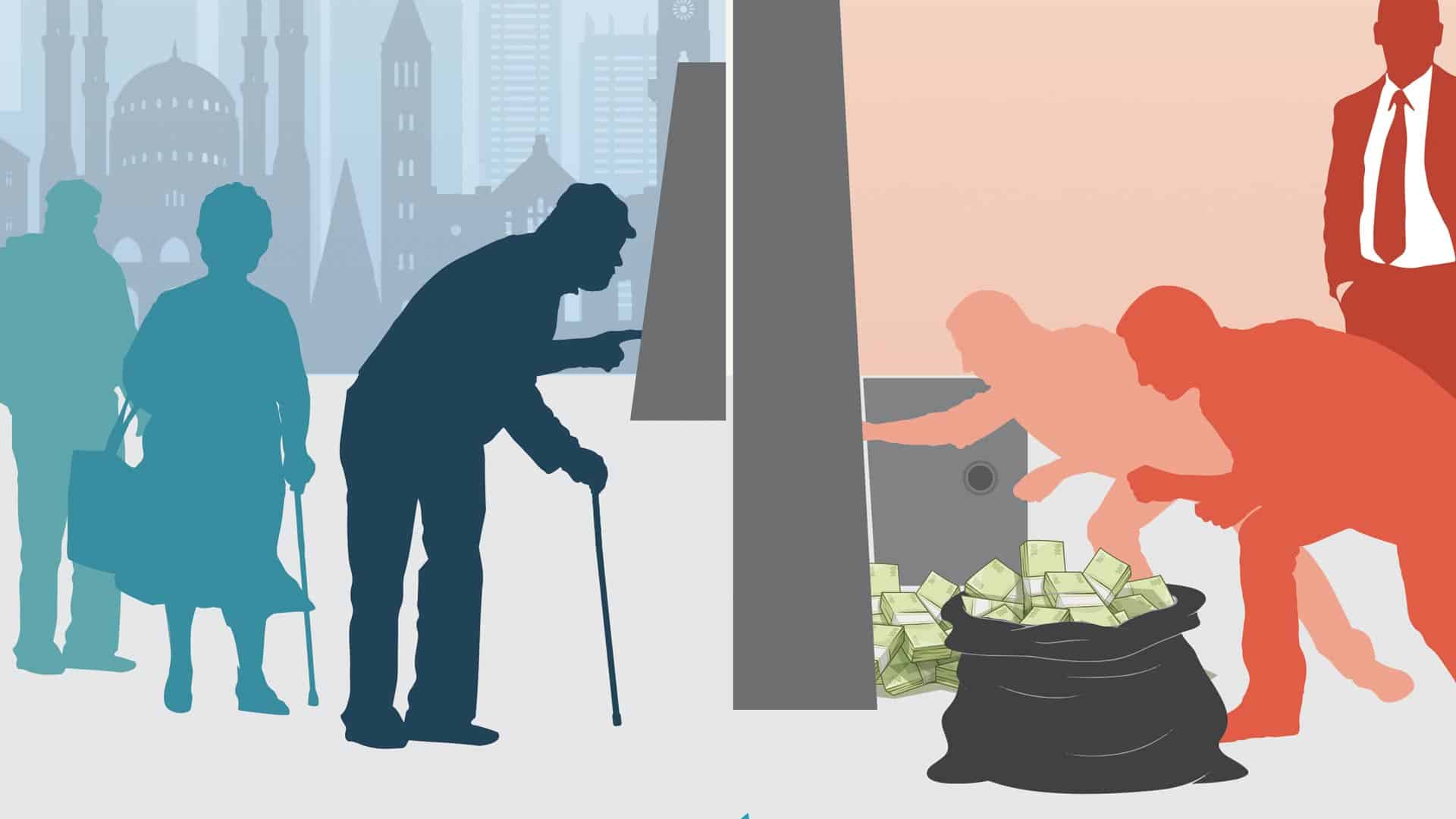
The urgent need to salvage and reform worker’s retirement schemes.

How farms and factories can make or break Lebanon’s future.
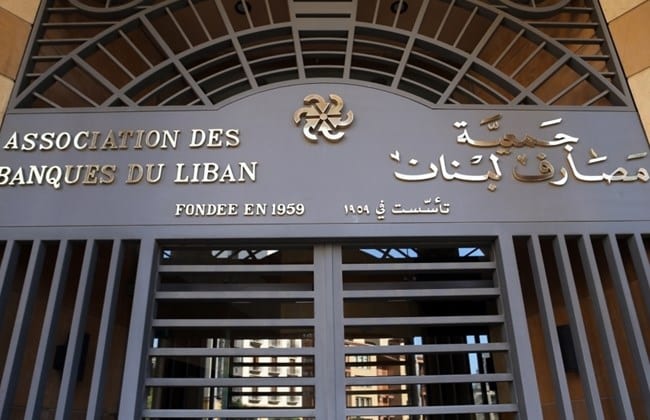
When Lebanon’s financial sector imploded, it was inevitable that the country’s elites would try to shunt those losses onto everyday Lebanese. Over several years, Lebanese bankers had gambled away their customers’ savings, leaving banks unable to meet their debts by October 2019 – if not earlier....

Pathways for Lebanese depositors to force bankers towards a fair deal.
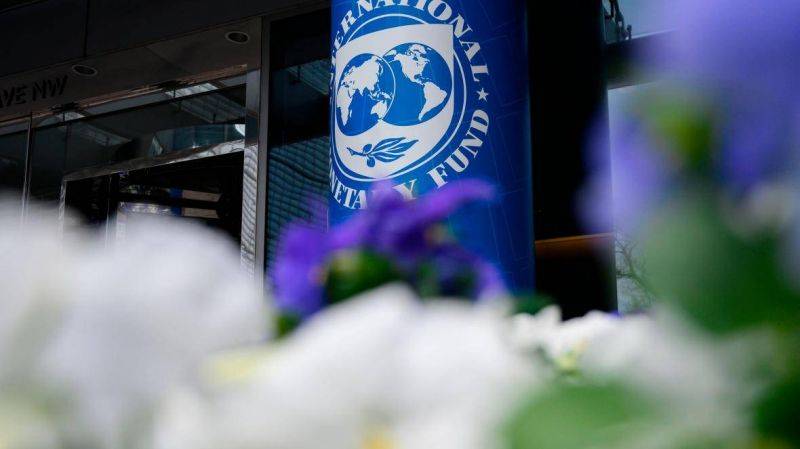
The IMF has allocated Lebanon $1.135 billion in Special Drawing Rights.